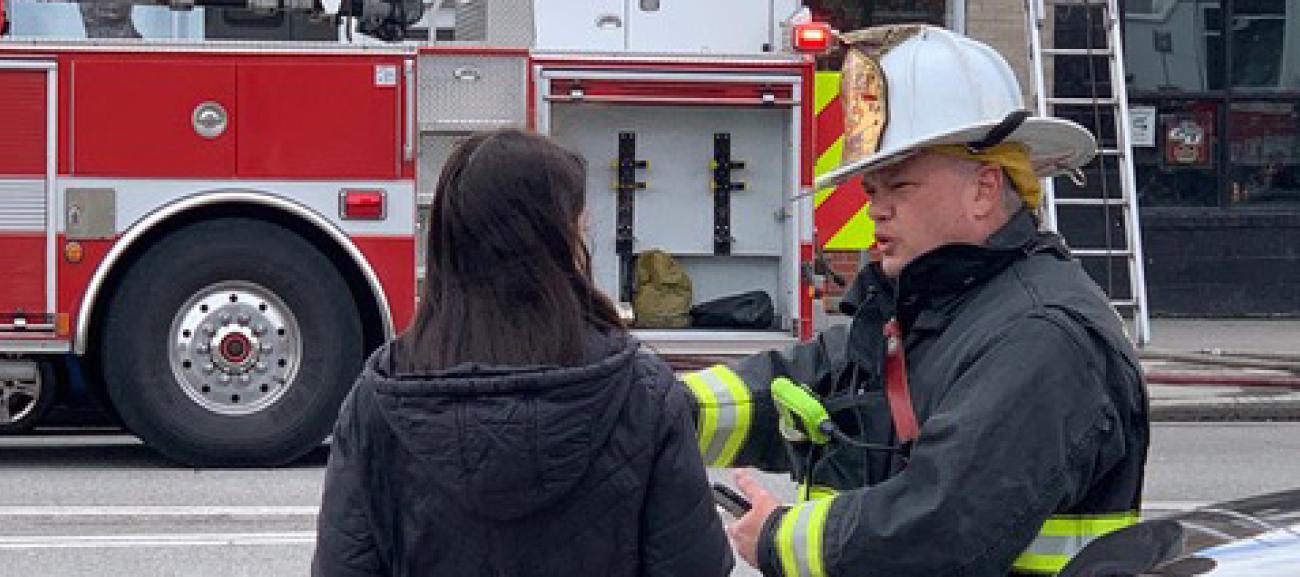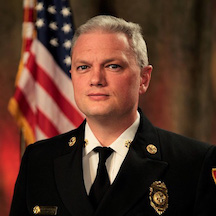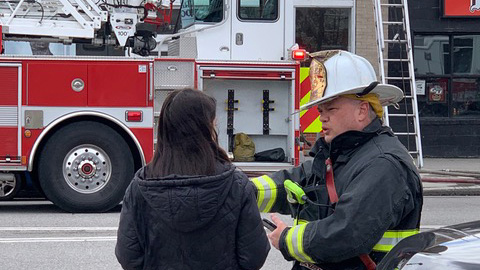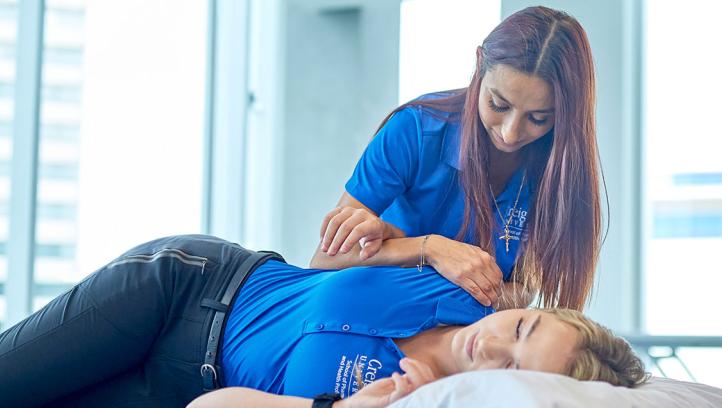
I Need To Build the Teams

AN INTERVIEW WITH SPOKANE, WASHINGTON FIRE CHIEF AND EDD STUDENT BRIAN SCHAEFFER
Written by Leah Georges, PhD, Chief of Spokane Washington Fire Department

Brian Schaeffer is a student in Creighton University’s EdD in Interdisciplinary Leadership Program. His frontline experience navigating the global pandemic as Chief of the Spokane Washington Fire Department has provided an uninvited opportunity to practice leadership in a way he never expected. “Many of us in the fire service have experience with large fires...that can last several weeks and require large management organizations. Even having that experience and the benefit of leading through an H1N1 pandemic and several disasters, I was not prepared for a worldwide pandemic.”
The Spokane Fire Department employs just under 400 people and while Spokane is separated from the larger city of Seattle (location of the first confirmed case of COVID-19 in the United States) by the Cascade Mountain Range and 280 miles, they quickly learned that despite the physical distance, the virus traveled quickly via all modes of transportation, including the 30 plus daily flights from Seattle to Spokane. As a result, Brian and the Spokane Fire Department moved quickly to contain the virus and keep the community healthy—including the firefighters and paramedics living and working in close quarters at the local fire stations.
Brian notes that his thirty years of work in the fire service have taught him that there is a difference between complicated problems, and problems that require an entirely different set of tools, like the pandemic.
The pandemic is not complicated; it is complex. The hierarchical command and control model is comfortable and routine for me. I have to force myself to get out of that mindset consistently. Command and control works well when the problems we face are linear, easy to understand, and to predict, but that is not the case with complex issues.
In navigating a complex issue like this pandemic, Brian believes both humility and experience are necessary to lead his teams. Brian helped create a local emergency operating center (EOC) comprised of formal local leaders, but also people with no formal leadership title or role on the fire department. He went deep into his bench of fire personnel to find the best people—the most informed, nimble, and ready to serve—and appointed them to the EOC. “I am not the person that can solve the problems anymore. My job now is really to find the right talent in my organization, bring them together, empower them with Leader's Intent, and remove any bureaucratic barriers that prevent them from being successful.” Now, he focuses on supporting his interdisciplinary team to affect change. “Reflecting on the past month, my perspective on my position has significantly changed. My job is no longer to create or encourage followers. It is really to develop teams of leaders. For my community to tackle wicked issues like treating 4,000 infected and contagious people, or housing 2,000 contagious homeless people, or feeding children that rely almost exclusively on school-provided meals, I had to change too. For our high performing teams facing this threat to be successful, it has to start with me. I need to build the teams, empower them, mentor them if needed, but then get out of their way.”

This situation has created some unsettling ambiguity and although Brian notes that this is a leadership challenge unlike any he has faced, he has hope for recovery in his community. Although Brian emphasizes they are certainly not out of the fire, they have begun to see a local flattening of the curve. And when this wave passes and Brian has the opportunity to shift his emotional and physical attention back to his coursework, he will collect data for his dissertation—about how to better serve the frequent users of the Spokane Fire Department’s EMS system. “I find myself listening more, reflecting often, and working through problems by creating teams. My lens about how to do research and subsequently serve others has changed.”
This article was written by Leah Georges, PhD. Dr. Georges is an assistant professor in Creighton University’s Interdisciplinary Leadership doctoral program. The classes she teaches are primarily research and design focused courses, which aim to prepare students to design their Dissertation in Practice. Dr. Georges is passionate about learning and believes “one of the most compelling characteristics of a brilliant mind is curiosity.” She says, “I encourage my students (and remind myself!) to be curious, not critical—to move beyond ‘what’ and into ‘why’ and ‘how.’ We rarely find the finite, black-and-white answer to any social science or leadership question, and to remain curious and humble are important attributes of the quest for knowledge.” Read Dr. Georges’ reflection on her interview with Brian Schaeffer.












